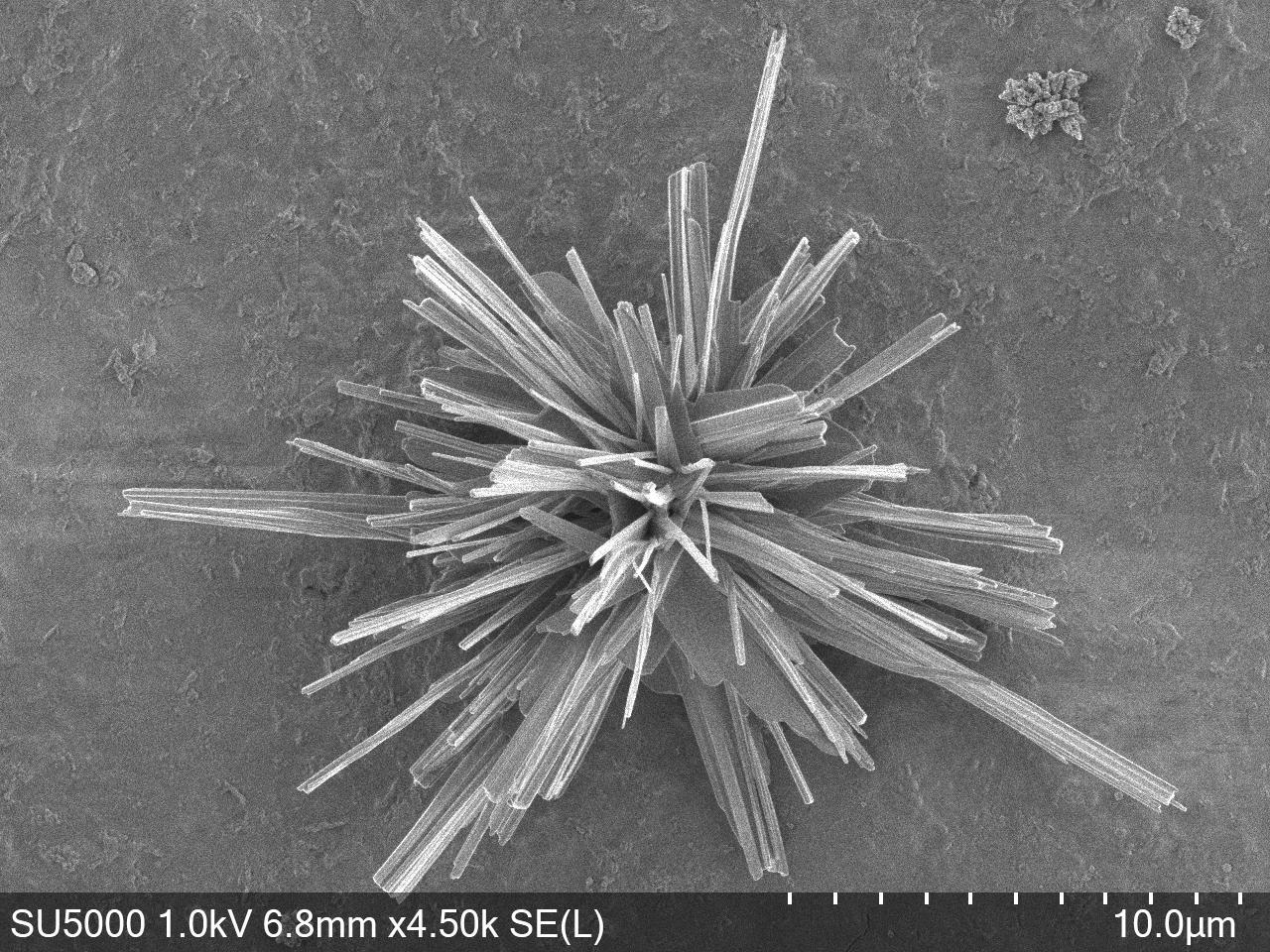Researchers discover new catalyst for efficiently recycling waste carbon dioxide into plastic
'Paired with carbon capture technology, this could lead to an incredibly green production mechanism for everyday plastics, meanwhile sequestering harmful greenhouse gases'

Your support helps us to tell the story
From reproductive rights to climate change to Big Tech, The Independent is on the ground when the story is developing. Whether it's investigating the financials of Elon Musk's pro-Trump PAC or producing our latest documentary, 'The A Word', which shines a light on the American women fighting for reproductive rights, we know how important it is to parse out the facts from the messaging.
At such a critical moment in US history, we need reporters on the ground. Your donation allows us to keep sending journalists to speak to both sides of the story.
The Independent is trusted by Americans across the entire political spectrum. And unlike many other quality news outlets, we choose not to lock Americans out of our reporting and analysis with paywalls. We believe quality journalism should be available to everyone, paid for by those who can afford it.
Your support makes all the difference.Researchers have developed a method for efficiently converting carbon dioxide into plastic.
They say their findings could help divert carbon dioxide – a major contributor to climate change – from entering the atmosphere.
They could also help to reduce our reliance on fossil fuels.
A team of scientists from University of Toronto, University of California, Berkeley and the Canadian Light Source (CLS) successfully managed to work out the ideal conditions for converting carbon dioxide to ethylene.
Ethylene is used to make polyethylene, the most commonly used plastic in the world.
At the heart of the experiment was the carbon dioxide reduction reaction, which can be used to convert the gas into a variety of different substances.
Different metals can be used as a catalyst in this type of reaction, but the researchers chose copper, as its use can lead to the production of ethylene.
“Copper is a bit of a magic metal. It’s magic because it can make many different chemicals, like methane, ethylene, and ethanol, but controlling what it makes is difficult,” said lead researcher Phil De Luna.
The researchers were able to design a catalyst and identify the precise conditions that maximise ethylene production during the reaction, while minimising methane and carbon monoxide production.
“I think the future will be filled with technologies that make value out of waste. It’s exciting because we are working towards developing new and sustainable ways to meet the energy demands of the future,” De Luna added.
The researchers say it is now possible to engineer a catalyst to meet those conditions, and that their findings could have “dramatic” positive effect.
“Paired with carbon capture technology, this could lead to an incredibly green production mechanism for everyday plastics, meanwhile sequestering harmful greenhouse gases,” the CLS says.
The full research paper is available to read here.
Join our commenting forum
Join thought-provoking conversations, follow other Independent readers and see their replies
Comments